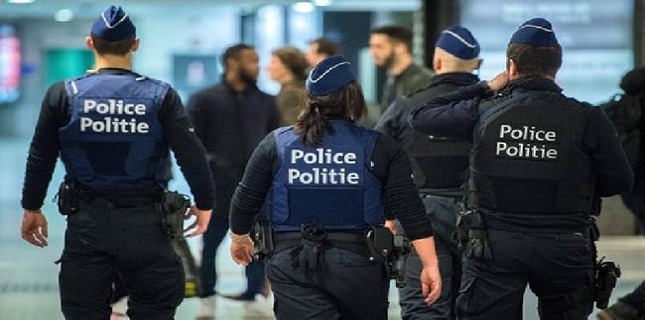“It is right to say that I undertake ethnic profiling, but I do not see how I could do my job otherwise. Without discriminating in this way, we would not be able to arrest anybody.” This is the view of one police officer. In recent months, Amnesty International (“Amnesty”) has questioned 48 police officers in Belgium upon discriminatory practices during identity checks. In a report published on Wednesday, the NGO for the defence of human rights regrets that police officers lack the tools to avoid ethnic profiling in such situations.
Ethnic profiling - resorting to criteria such as race or national or ethnic origin to justify police checks - is a form of discrimination. Within the police, it occurs in the absence of objective or acceptable motives for incidents. Such discrimination is prohibited by international and Belgian law.
In Belgium, there are no statistics on identity checks. With a view to considering objectively the recourse to ethnic profiling, Amnesty questioned 48 police officers between June 2017 and January 2018. The sample included high-ranking officers and field officers from nine different areas. Amnesty also interviewed 20 people from an ethnic minority.
Half of police officers admitted the existence of the problem of ethnic profiling, and the same proportion described dubious practices. Although the officers know that there must be a legitimate reason for all checks, they lack clear guidelines such that they interpret the law very widely, and are especially reliant upon their intuition. However, the study authors are sorry that this intuition is often linked to stereotypes, whether or not the agents contribute consciously to perpetuating such beliefs.
Amnesty would like the scale of the problem to be acknowledged, and clear guidelines to be developed. Its report can be consulted on the Internet site www.amnesty.be.
The Brussels Times

